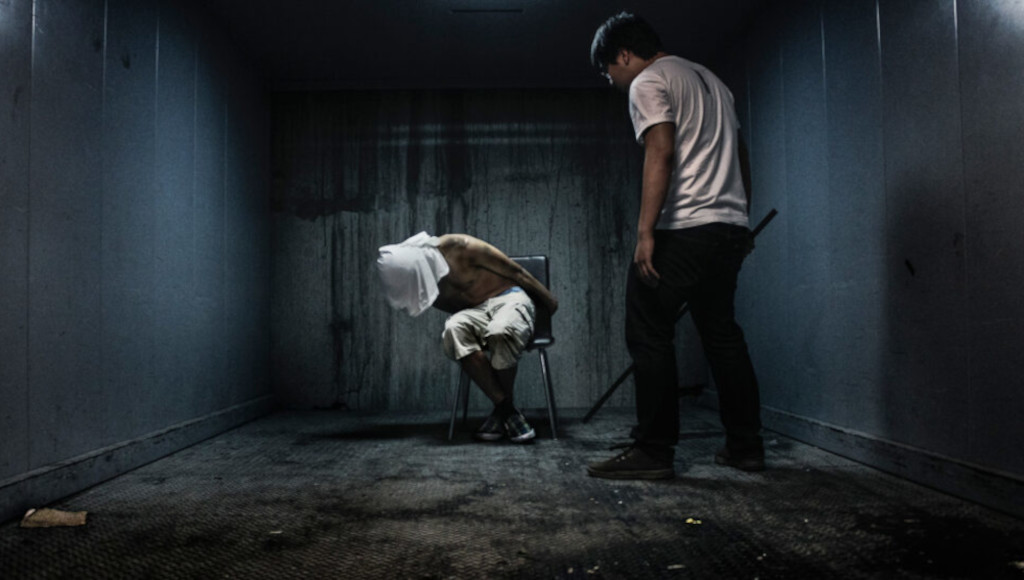The İstanbul Chief Public Prosecutor’s Office has declined to pursue a case against police officers in Istanbul’s Fatih district who were accused of mistreatment and torture, despite a Constitutional Court ruling requesting a thorough investigation into the accusations, the Stockholm Center for Freedom reported, citing the Duvar news website.
A man identified by the initials M.B. claimed he was subject to electroshock and sexual harassment at Fatih police headquarters while he was detained for fighting in 2014. He filed a complaint against the alleged perpetrators; however, the prosecutor found no grounds for legal action.
M.B. appealed to the Constitutional Court, saying the prosecutor had not conducted a thorough investigation. He obtained a medical report from a hospital documenting that he was electroshocked in his stomach and penis. The court ruled there were signs of mistreatment and requested that the prosecutor conduct a thorough investigation before important evidence was lost.
According to the court, the prosecutor had not interrogated the police officers involved in the incident, which indicated that an independent and objective investigation had not been carried out. The hospital report documenting M.B.’s injuries had also not been included in the case file.
However, the prosecutor once again decided there were no indications of torture or mistreatment.
According to a report by the UN special rapporteur on torture and other cruel, inhuman or degrading treatment or punishment, on his mission to Turkey from November 27 to December 2, 2016, “torture and other forms of ill-treatment were widespread” in Turkey. “[T]here seemed to be a serious disconnect between declared government policy and its implementation in practice,” the special rapporteur noted.
The report found there were numerous consistent allegations received by the special rapporteur in the immediate aftermath of a failed coup in 2016 and that torture and other forms of ill-treatment were widespread.
The special rapporteur heard persistent reports of severe beatings, punches and kicking, blows with objects, falaka, threats and verbal abuse, being forced to strip naked, rape with objects and other sexual violence or threats thereof, sleep deprivation, stress positions and extended blindfolding and/or handcuffing for several days, according to the report.
